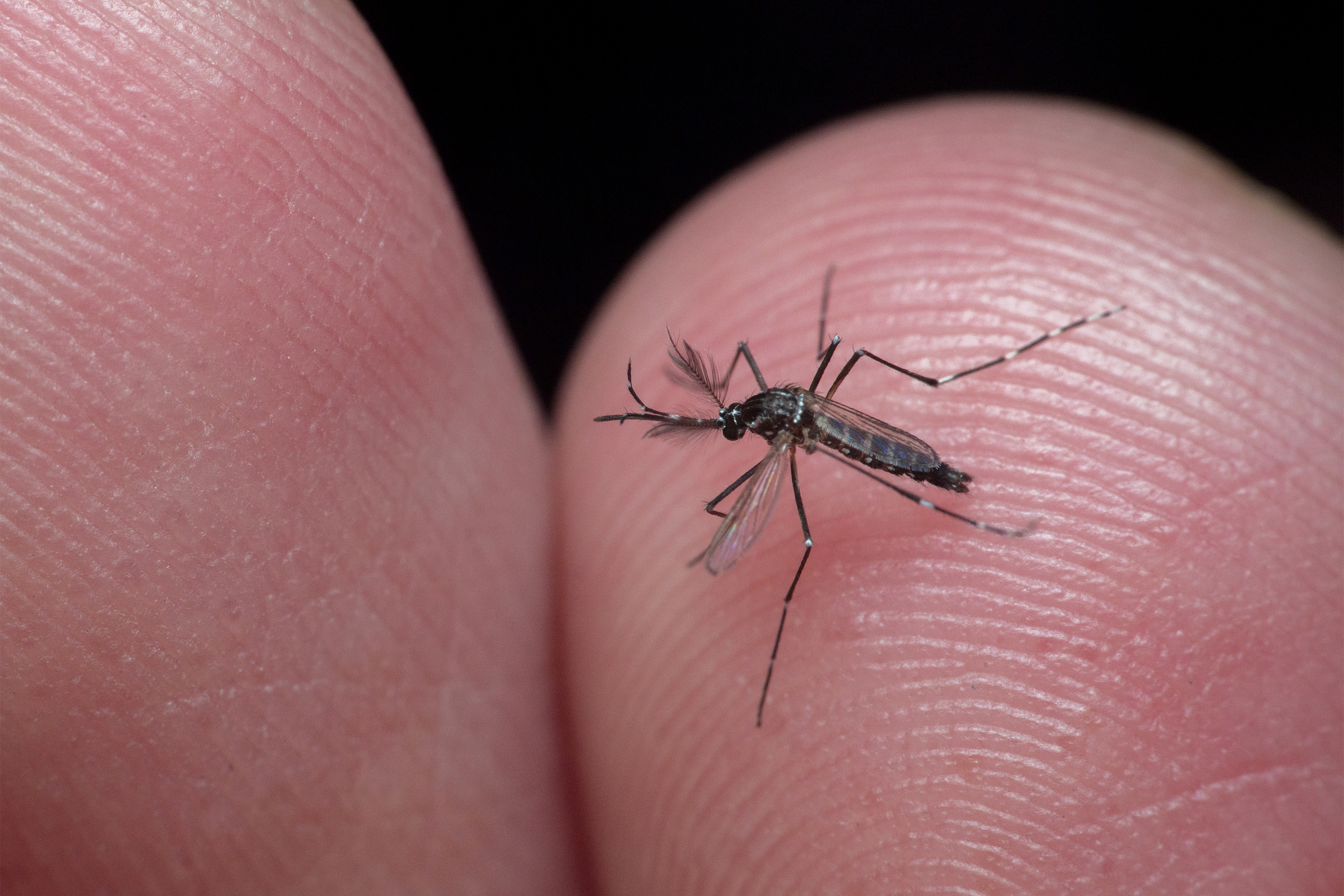What is delta-8 THC?
Delta-8 THC (tetrahydrocannabinol) is a cannabinoid compound derived from hemp that’s closely related to but chemically different from the psychoactive component of cannabis commonly known as THC (delta-9 THC). Delta-9 THC is the main psychoactive cannabinoid found in the marijuana plant that’s responsible for the high that users experience. Delta-8-THC is generally considered less potent than delta-9-THC, which makes it potentially very useful for individuals susceptible to the psychoactive effects of delta-9 THC.
The benefits of delta-8 THC
1. Delta-8 THC for pain and relaxation
In one study, data was collected in an online survey from over 500 participants that asked users to document their delta-8 THC experiences. Their experiences with delta-8-THC were reported by rating its effects and comparing their delta-8-THC experiences with delta-9-THC.
The delta-8 THC consumed was mostly from edibles such as gummies and brownies, tinctures, and vaped concentrates such as oil, hash, dabs, and wax. Some participants reported consuming delta-8-THC by smoking concentrates such as oil, dabs, and wax, or by smoking flower or bud, vaping flower or bud, using topical products such as skin patches, oil, cream, and lotion, taking capsules or using suppositories.
Approximately half of the participants made use of delta-8-THC for treating various medical and health conditions such as chronic pain, anxiety or panic attacks, bipolar disorder or depression, and stress.
Most of the study participants experienced a lot or a great deal of relaxation and euphoria, with a significant number (55%) experiencing a lot or a great deal of pain relief. Delta-8-THC was generally compared favorably with both delta-9 THC and pharmaceutical drugs, with 57% of the participants substituting delta-9 THC for delta- 8 THC, and 59% substituting pharmaceutical drugs for delta- 8 THC.
The researchers concluded that delta-8 THC could provide much of the experiential benefits of delta-9THC with fewer adverse effects.
In comparison to THC, delta-8 THC seems to offer comparable levels of pain relief and relaxation. Although it appears to produce somewhat lesser euphoria levels, it also appears to produce less cognitive distortions which include difficulty concentrating, short-term memory issues, and an altered sense of time. The individuals were also a lot less likely to experience distressing mental states like paranoia and anxiety. Many of them remarked how they could still be productive while using delta-8 THC, as opposed to using stronger THC products recreationally.
A separate study found that topical delta-8 THC can help reduce corneal inflammation and pain resulting from ocular surface injury.
2. Delta-8 THC for nausea
In another study, delta-8-THC was given to 8 pediatric cancer patients 2 hours prior to each session of chemotherapy treatment. None of them vomited after their antineoplastic drug treatment over 8 months and the side effects experienced were negligible. Delta-8-THC was concluded to be a more stable compound compared to delta-9-THC and the results suggest that delta-8-THC could be a better candidate than delta-9-THC for new therapeutics.
3. Delta-8 THC for cancer
Cancer patients benefit from the palliative effects of cannabinoids such as the prevention of pain vomiting, nausea, and appetite stimulation. These compounds have also been found to inhibit tumor cell growth in culture and animal models by key cell-signaling pathway modulation. Cannabinoids are normally well tolerated and don’t produce the toxic effects of conventional chemotherapy.
A study in mice that had induced lung cancer revealed that a 20-day treatment with delta-8 THC resulted in a reduction in the size of tumors. The average survival time of the mice also increased.
4. Delta-8 THC could help improve cognitive function
Other studies in mice have suggested the potential for delta-8-THC to help improve cognitive function.
Delta-8 THC was found to increase levels of acetylcholine in the hippocampus and cortex, and reduce the turnover of acetylcholine in the hippocampus. Alzheimer’s disease is linked to declining brain levels of acetylcholine.
5. Delta-8 THC as a potential epileptic seizure treatment
An animal study has shown that delta-8 THC has the potential to be an anticonvulsant. Epileptic rats had a significant reduction in epileptic seizures after delta-8 THC treatment.
6. Delta-8 THC as a potential glaucoma treatment
Glaucoma is one of the main causes of blindness. Intraocular pressure is the primary risk factor for progression of this disease. A study has revealed that intraocular pressure was reduced when rabbits were given delta-8-THC.
Image by Julia Teichmann from Pixabay
Want to use our images on your site? Right click on image for embed code





















Discussion about this post